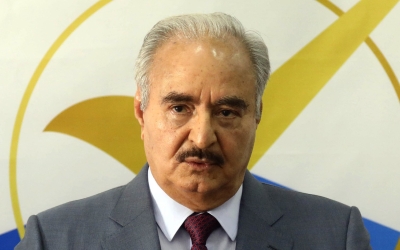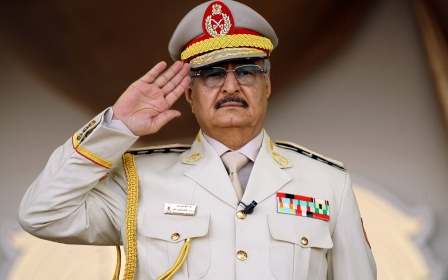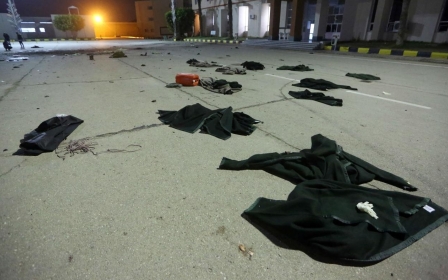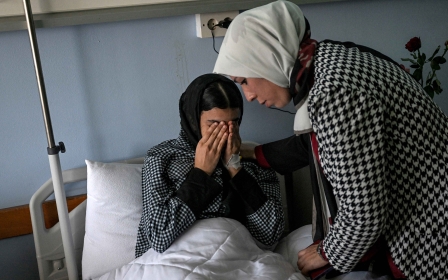US judge dismisses war crimes lawsuits against Libya's Khalifa Haftar
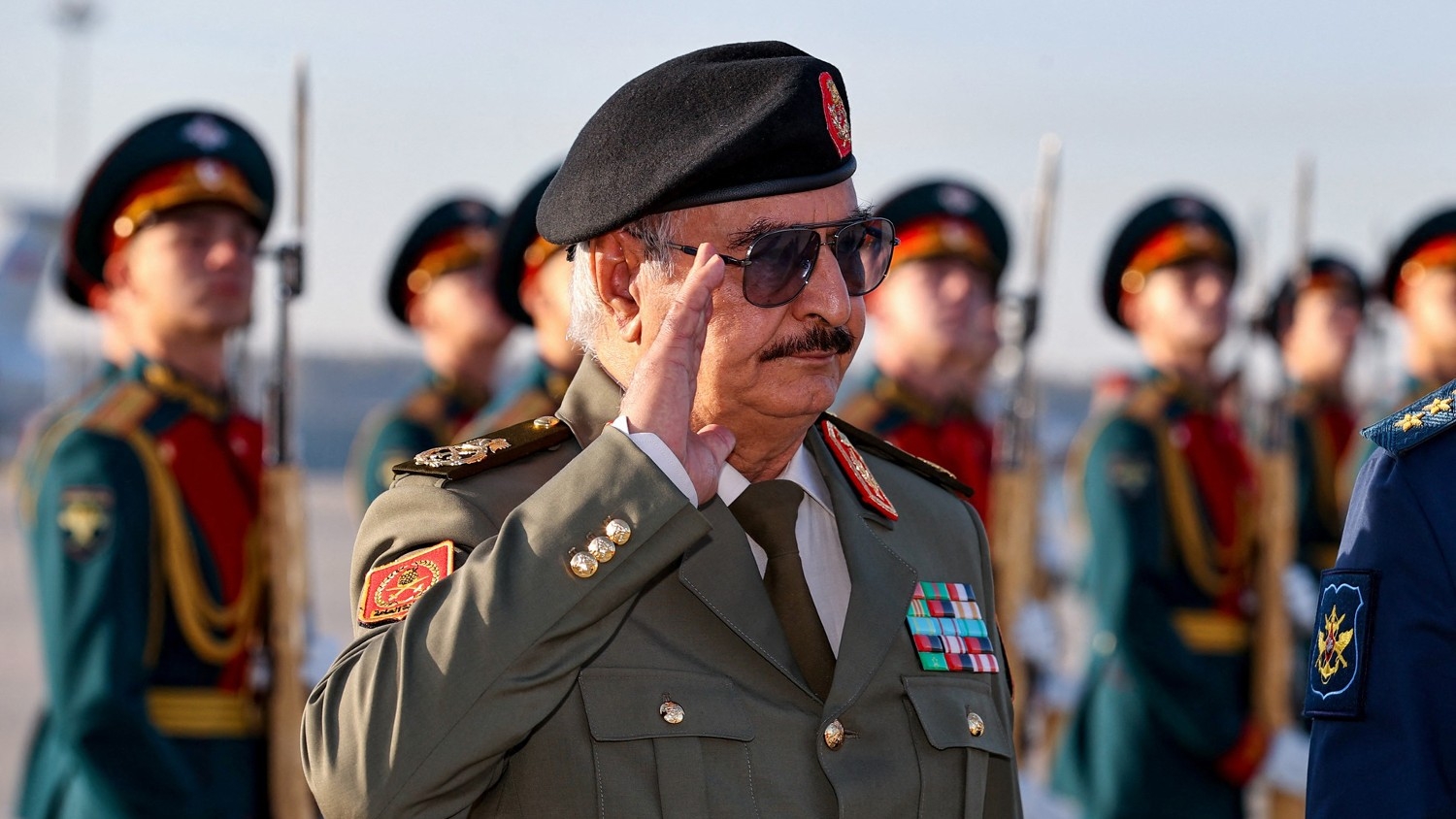
A US federal judge dismissed a series of lawsuits against Libyan military commander Khalifa Haftar, in which the military leader and former US resident was accused of extrajudicial killings of civilians in his assault on the Libyan capital of Tripoli in 2019.
District judge Leonie Brinkema dismissed the case on the grounds that the American court has no jurisdiction over the matter.
The ruling is a major pivot in the trajectory of the years-long legal battle. In 2022, judge Brinkema issued a default judgement saying that Haftar, a US citizen, was liable for war crimes against several Libyan families who accused him of extrajudicial killings and torture.
Several Libyan families had filed lawsuits against Haftar in US courts in 2019 and 2020, saying the Libyan commander was guilty of torturing and killing their relatives.
The families filed their lawsuits under the Torture Victim Protection Act of 1991, a law that allows non-US citizens to seek compensation from individuals who, acting in an official capacity for any foreign nation, allegedly committed torture or extrajudicial killing.
New MEE newsletter: Jerusalem Dispatch
Sign up to get the latest insights and analysis on Israel-Palestine, alongside Turkey Unpacked and other MEE newsletters
After the judge ruled Haftar was liable for war crimes in 2022, the military commander retained new lawyers and went on to sit for two depositions in 2022 and 2023, where he denied launching attacks on civilians.
Middle East Eye also reported in 2022 that Haftar's family was quietly liquidating their portfolio of US real estate, selling a multimillion-dollar Virginia home, along with a townhouse and other six-figure properties.
A lawyer for the plaintiffs of one of the lawsuits told the Associated Press that they plan to appeal the dismissal.
A former CIA asset, Haftar returned to Libya following the country's 2011 uprising and served in the internationally recognised government until 2014, when civil war broke out in the country.
In 2019, he mounted a 14-month campaign to take control of the country's capital, Tripoli. Fighting soon devolved into a proxy conflict with his Libyan National Army (LNA) receiving support from Russia, the United Arab Emirates, Egypt, and Chadian and Sudanese fighters as well as other mercenary groups.
Haftar was eventually pushed back after Turkey intervened by providing fighters, combat drones and military equipment to support the UN-backed government in Tripoli.
Potential war crimes by Haftar's forces and allied groups have been well documented, including by Middle East Eye in 2020 when it investigated and revealed mass graves found in the city of Tarhuna.
Following a ceasefire in October 2020 and the establishment of a new unity government, Libya was headed toward elections in December 2021, but the vote was delayed due to a constitutional crisis and the country continues to remain politically divided.
Last month, three key Libyan leaders said they agreed on the "necessity" of forming a new unified government and holding elections in the country.
While all major political players in the country have called for elections, many Libyans doubt they genuinely seek a vote that could remove most of them from power.
Middle East Eye delivers independent and unrivalled coverage and analysis of the Middle East, North Africa and beyond. To learn more about republishing this content and the associated fees, please fill out this form. More about MEE can be found here.


